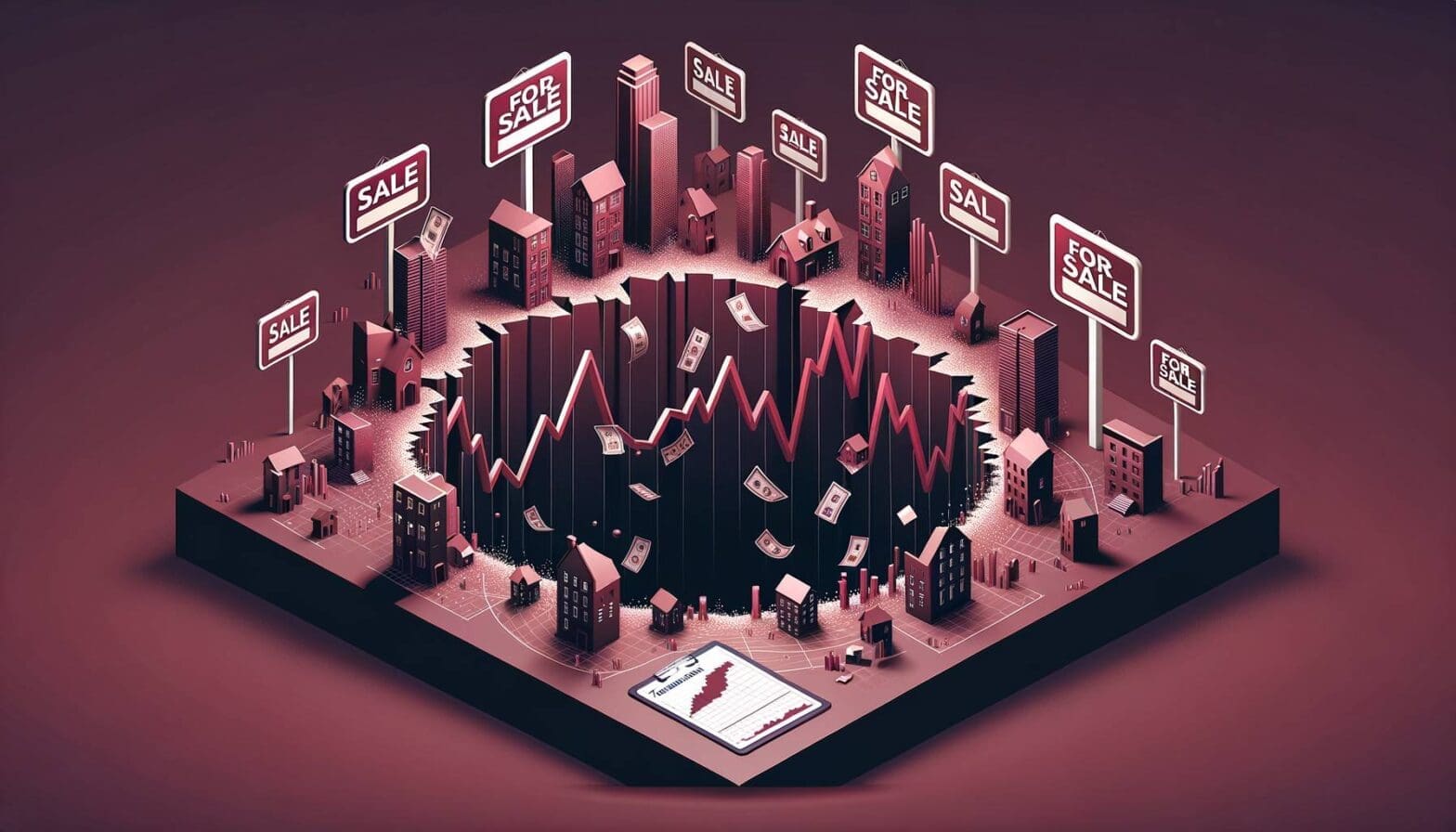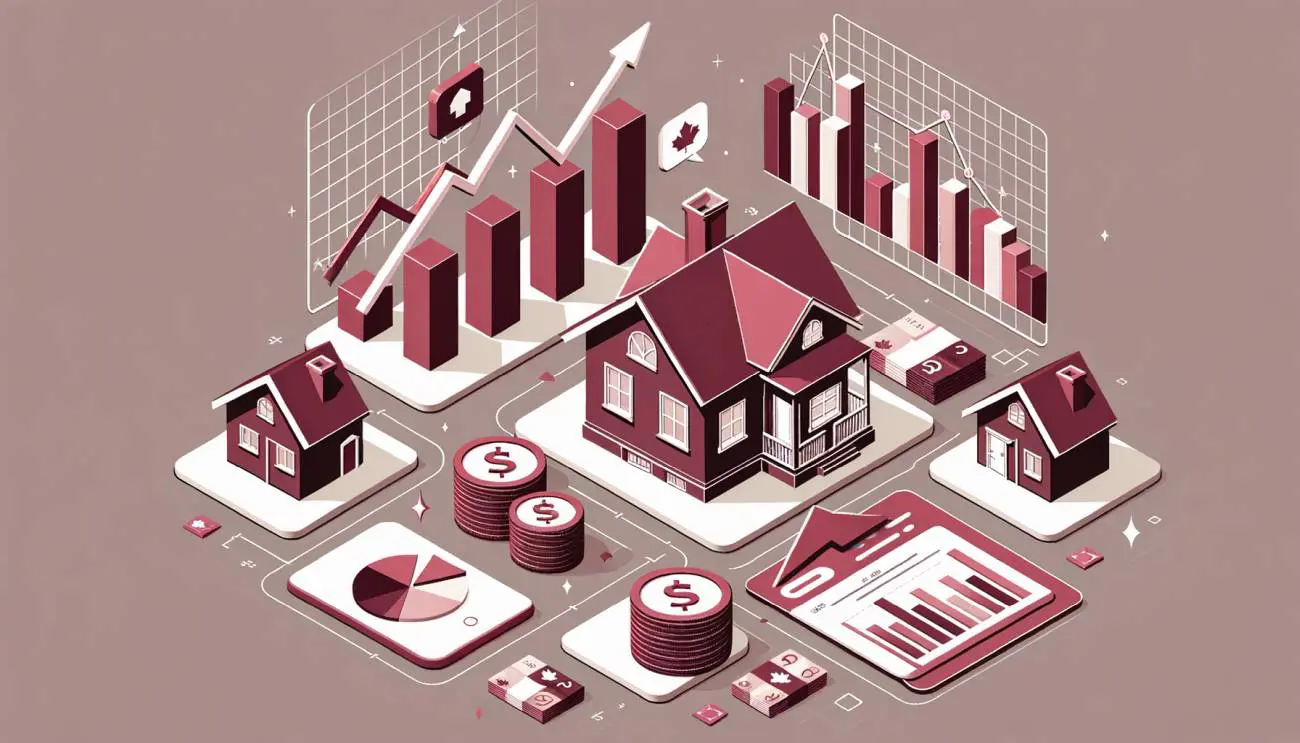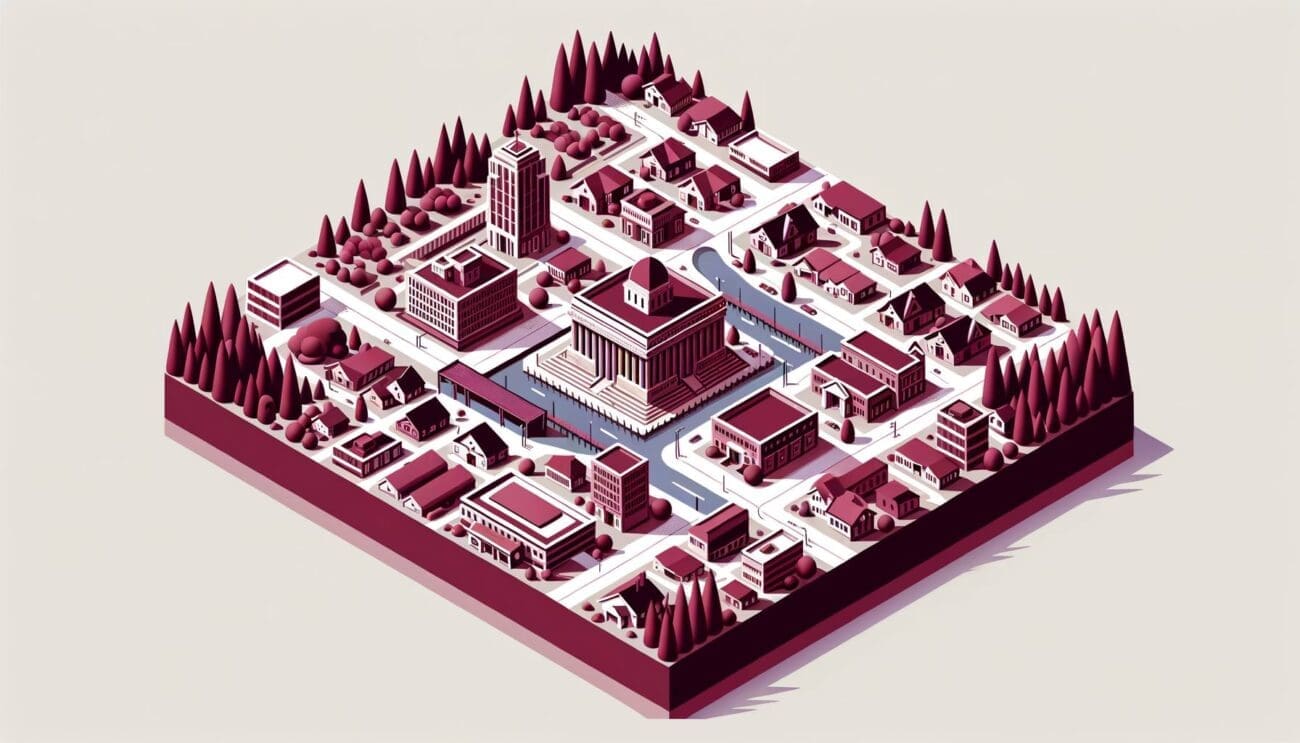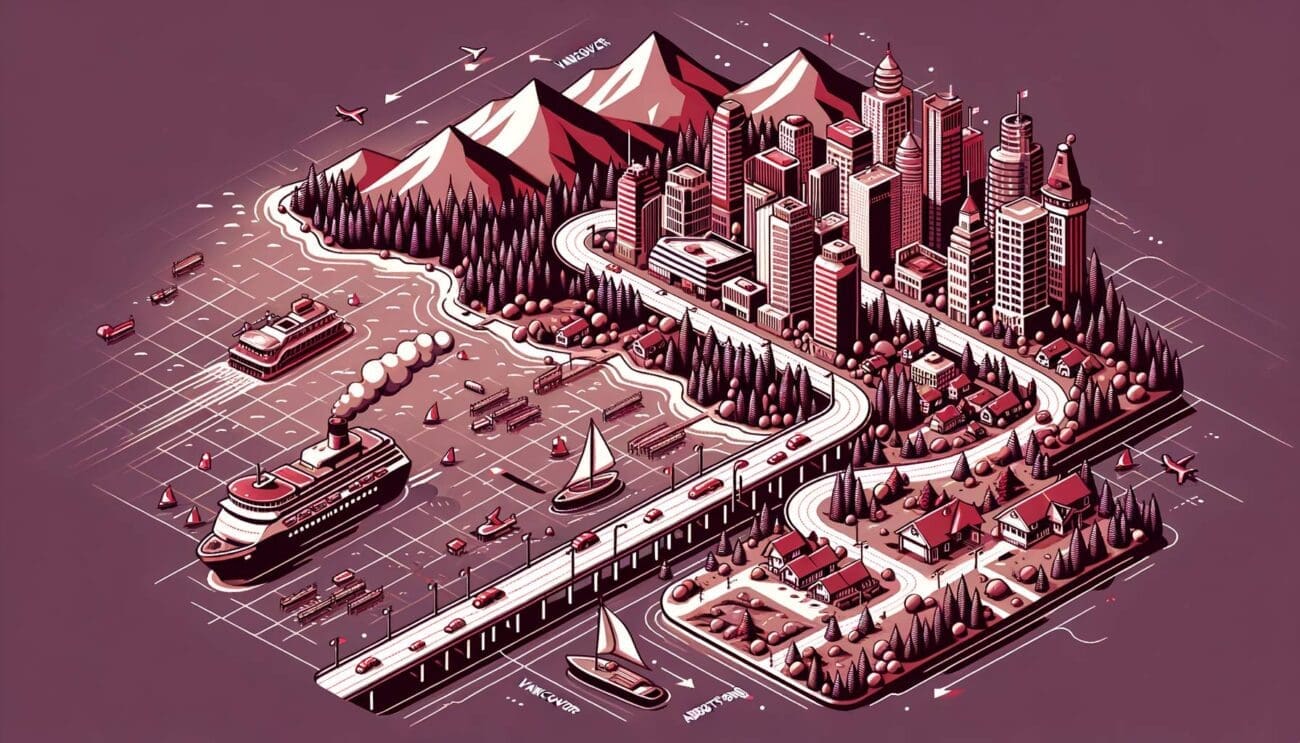|
Getting your Trinity Audio player ready...
|
Estimated reading time: 4 minutes
Table of contents
Summary
Toronto’s real estate market has seen a significant boom in recent years, with an average selling price exceeding $1.1 million as of March 2024, amidst low borrowing costs and high demand. Even with a dip in sales in March 2024, a substantial increase of 11.2% in Q1 2024 sales year-over-year. The upward trajectory predicts a potential overvaluation resulting in a crash if price growth continues without corresponding wage or job growth. However, predicting a market crash is complex, involving numerous variables. Should a crash happen, it could impact future Toronto homeowners positively, with decreased property prices, but also increase the risk of negative equity situations. TRREB CEO John DiMichele advises exploring innovative housing supply solutions for long-term affordability.
Examining Toronto’s Real Estate Boom
In recent years, Toronto’s real estate market has witnessed an unprecedented boom, with the average selling price reaching over $1,121,615, according to the TRREB report from March 2024. This surge can be attributed to various factors, including low borrowing costs, high demand, and a relatively low supply of homes for sale. This boom has led many to consider the question, “When will the Toronto real estate market crash?” However, predicting such a crash is a complex task.
Despite a dip in sales in March 2024, the persistent increase in property prices reflects the robustness of Toronto’s real estate market. With an 11.2% year-over-year increase in sales in the first quarter of 2024, there is still a strong demand for homes in the city. However, the question of “When will Toronto real estate market crash?” still looms, as the market’s resilience could lead to overvaluation and a subsequent crash.
Predicting a Potential Market Crash
Historically, real estate market crashes have been tied to economic downturns, job loss, or significant increases in interest rates. According to TRREB President Jennifer Pearce, more buyers have adjusted to the higher interest rate environment, which suggests a potential capacity for weather changes in the economic landscape. However, if the recent trend of rising prices continues unabated without corresponding growth in wages or employment, we may be looking at a Toronto real estate market crash.
TRREB’s Chief Market Analyst, Jason Mercer, anticipates price growth to accelerate during the spring and even more so in the year’s second half. While this continuing upward trajectory could lead to an overheated market, it’s important to remember that predicting a market crash involves countless variables and unknowns. Therefore, it is certainly relevant to consider when the Canadian real estate market will crash. However, it’s nearly impossible to pinpoint an exact timeline.
Implications for Future Toronto Homeowners
If a crash were to occur, it would have significant implications for future Toronto homeowners. A real estate crash generally leads to a drop in property values, making homes more affordable for potential buyers. However, the downside is the risk of being caught in a negative equity situation, where homeowners owe more on their mortgage than their home is worth.
On the other hand, TRREB CEO John DiMichele emphasized the need for innovative solutions to increase the amount and mix of housing supply to improve affordability. This includes removing roadblocks to non-traditional arrangements, such as co-ownership models, and encouraging gentle density, including multiplexes. Hence, while it is essential to consider a real estate market crash, exploring alternative housing strategies to ensure affordability and the economic health of the entire community is equally crucial.
FAQ
Q1: What is the current state of Toronto’s real estate market?
A: In recent years, Toronto’s real estate market has been experiencing a significant boom. With the average selling price over $1,121,615, the market is characterized by high demand and low borrowing costs.
Q2: When will the Toronto real estate market crash?
A: It’s unclear when a potential crash would happen. Making such predictions can depend on countless variables. Historically, factors such as economic downturns, job loss, and significant increases in interest rates have contributed to market crashes.
Q3: Why are real estate prices so high in Toronto?
A: The surge in Toronto’s market prices is attributed to low borrowing costs, high demand, and a relatively low supply of homes for sale.
Q4: What results from a boom in the real estate market?
A: A prolonged boom in the real estate market can lead to an overvalued market, which may result in a market crash.
Q5: What happens if a real estate market crashes?
A: A real estate crash usually leads to a drop in property values, which may make homes more affordable for potential buyers. However, it can also result in a negative equity situation, where homeowners owe more on their mortgage than their home is worth.
Q6: What are some solutions to improving housing affordability in Toronto?
A: TRREB CEO John DiMichele suggested removing roadblocks to non-traditional arrangements, such as co-ownership models, and encouraging gentle density, like multiplexes, as potential solutions to improve housing affordability.










